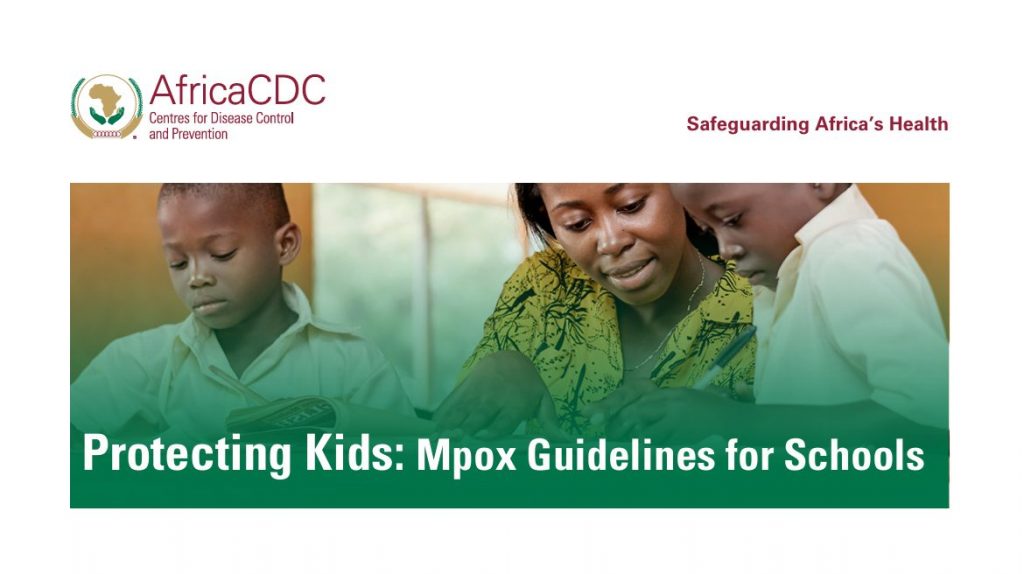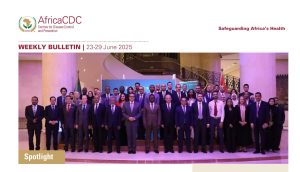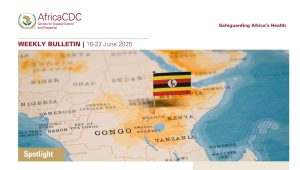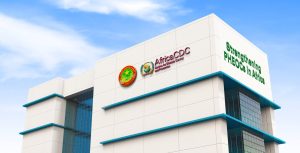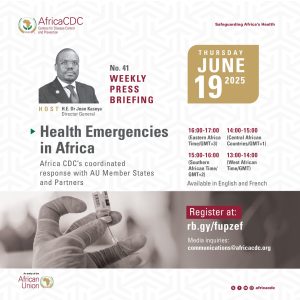The safety of children is a top concern for parents and school authorities in the current mpox outbreak, as those under 15 face elevated risks, particularly in the hardest-hit Northwestern and Eastern regions of the Democratic Republic of the Congo.
With vaccine delays for children, schools are now potential hubs for transmission due to close contact during sports, classroom activities and play. Children can also unknowingly spread infections to family members and school staff, heightening the need for preventive action.
To address these risks, Africa CDC has developed comprehensive guidelines for health and school authorities to help prevent and control the transmission of mpox. The guidelines focus on proactive hygiene practices, community engagement, early detection, and managing suspected cases to foster safer environments for children and their communities.
Here’s an overview:
• Community Engagement: Schools should involve caregivers, parents, and local organisations in discussions to build support for mpox prevention efforts.
Engaging the community helps raise awareness, address concerns and reduce stigma.
• Hygiene Practices: Regular hygiene practices are crucial. Schools should provide age-appropriate information on mpox transmission, reinforce handwashing and mask-wearing, and encourage isolation of infected individuals. Routine disinfection of shared spaces, along with covering and managing lesions, helps minimise the risk of transmission.
• Detecting Suspected Cases: Early detection is key. Schools should educate staff and students on mpox symptoms (like fever, fatigue and skin lesions) and establish protocols for reporting and isolating suspected cases. Monitoring for new, unexplained skin conditions aids in identifying potential cases promptly.
• Readiness for Case Management: Schools need a designated isolation area and should train staff on mpox prevention, symptom recognition and protocols. Clear communication with students, caregivers and staff is essential to foster understanding and reduce misinformation. Schools should also offer counselling and invite health experts to educate the school community.
• Responding to Suspected Cases: If a suspected case arises, the school should isolate the individual and get the confirmation of the diagnosis, notify local health services, and ensure staff are informed about prevention protocols. Accurate, stigma-free communication and access to counselling are vital to support affected individuals.
• Support from Health Authorities: The local health administration team plays a key role by managing cases, providing guidance on isolation until recovery, and conducting contact tracing for 21 days post-exposure.
• Care and Recovery: Mpox recovery typically takes 2-4 weeks, with isolation advised until full healing.
Schools should encourage infected students and staff to stay home until all lesions have healed (that all their lesions have crusted over, the scabs have fallen off, and a new layer of skin has formed). Upon return, clear recovery guidelines help prevent stigma, with counselling available to aid reintegration.
Full report: Mpox Situation in Africa: Guidance for schools and childcare facilities – Africa CDC

